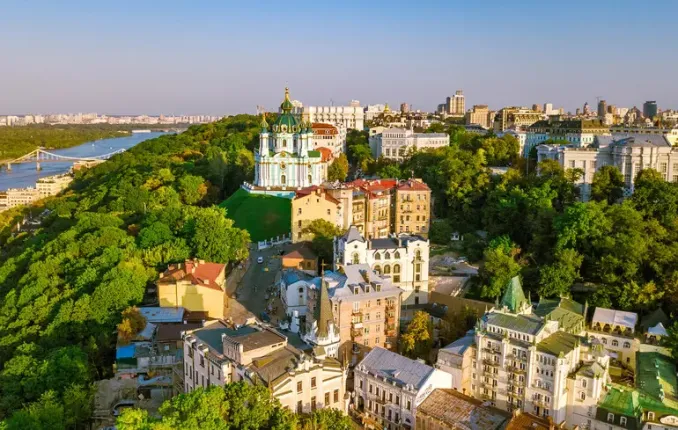The Poem That Became a Symbol of Resilience: The Story of ‘Love Ukraine’ by Volodymyr Sosiura and Its Impact on National Identity

At the end of last year, the world witnessed an extraordinary emotional moment: a Ukrainian soldier released from Russian captivity returned home, exhausted but proud, reading aloud the verse by Volodymyr Sosiura, 'Love Ukraine,' with sincerity and intensity that resonated with every listener. This poem became a multifaceted symbol—not only of patriotism but also of the eternal struggle of the Ukrainian people for their independence, language, and culture. Behind this poignant scene lies a deep and tragic history that stretches back over seven decades. On July 2, 1951, more than seventy years ago, the newspaper Pravda published a critical analysis that cast a negative light on Sosiura's poetry, especially his famous work 'Love Ukraine.' It was an era when Stalinist regime intensified ideological control, condemning everything that could threaten the official narrative or ignite nationalistic sentiments. The poem, written in 1944 during the waning days of WWII, reflected the optimistic mood of victory and the hope for a better future. Composed shortly after the liberation of Kyiv from Nazi occupation, it embodied the resilient spirit of the Ukrainian nation and became a hymn of unity and love for the homeland. Though it was a heartfelt tribute to the homeland, the poem also became a target for censorship and political repression. Despite the Soviet authorities' attempts to suppress or modify its content, 'Love Ukraine' remained a symbol of the indomitable Ukrainian spirit. In 1951, under the intensifying wave of repression, the poem was subjected to censorship—some lines were altered or omitted, hiding the original patriotic fervor to avoid inciting nationalist sentiments. Nonetheless, it continued to circulate in samizdat editions and was regarded as a testament to cultural resilience. Its relevance reverberates in modern Ukraine; its lines evoke patriotism, love for the land, and resistance in times of crisis. The poem survived as an emotional rallying cry, inspiring generations to stand firm amidst adversity and reminding Ukrainians of their roots, their history, and their unwavering desire for freedom. Today, 'Love Ukraine' remains not only a literary masterpiece but also a living symbol of the enduring Ukrainian identity, echoing in the hearts of those fighting for their country during the ongoing full-scale war.

